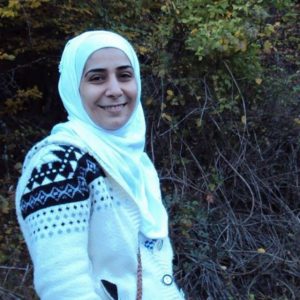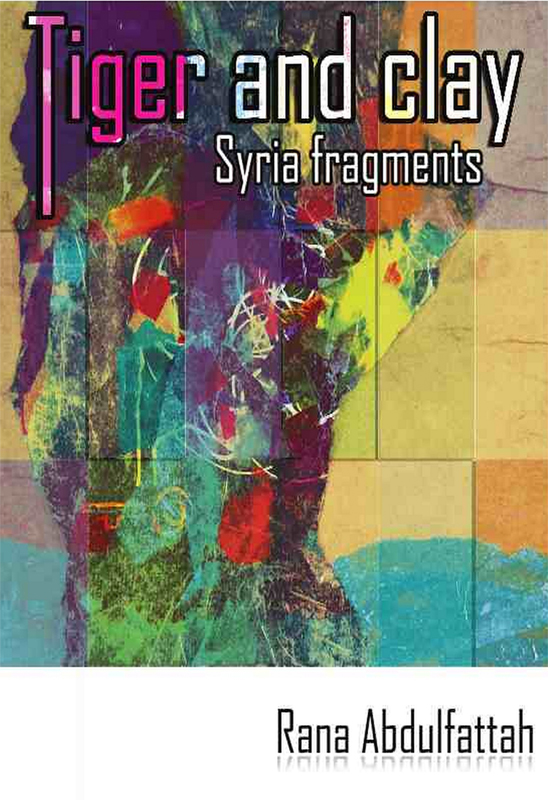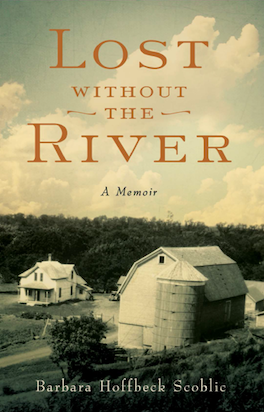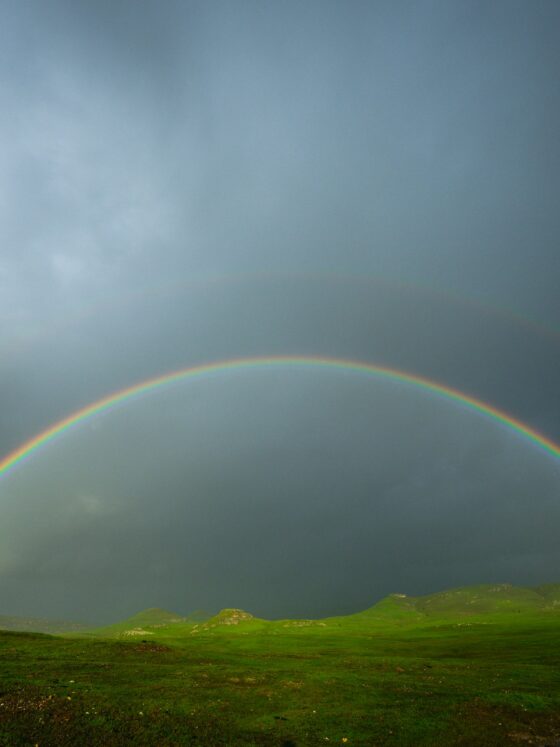
When I finished writing the book, I wanted to put a title that encompassed the whole work and something that would convey and capture the soul of the book. Of course it was not easy at all, and finally I came up with Tiger and Clay. I did not want the title to explain but rather to capture the soul of the book. Tiger comes from William Blake’s tiger. So it is the same tiger and clay is our clay as humans. Our limitation, vulnerability as well as our strength and determination. I think of time, memory and place as fragments that constitute our identity and hence comes the second half. I have been living outside Syria for 8 years. So I lived in different places and cities. With this experience, I was attached to many people and places, which created different memories in many places. However, I was born and raised in Syria and it is the bulk of my own identity and memory. When the war erupted, a fissure was created almost for every Syrian. So the memory of the country, experiences and story got fragmented and hence the second half of the title.
Yes, there is a rough chronology of my years in Turkey since I wrote the book in Istanbul. I lived in two cities in Turkey, but I visited many cities. I have a great attachment to Istanbul, and that’s why there is a major reference to it in the book. Istanbul is my second home and a place that is very similar to Damascus. A historical place that does not have peace with history. Pretty much like many of us. However, the chronology also contains invocations of other times, places and stories. I arrived in Turkey in 2010 to study my masters at Istanbul University.
If you want to live like a migrant, go live with the guys down the street. I do not want to live like a migrant.’” This conversation took place and it seems we both agreed to what living like a migrant meant. We did not say what it meant, but we both knew. If you don’t live like a migrant, you will be called one. That should not make any difference to you, because who knows, fifty years down the line, other migrants will come to Samatya and you will receive them as the lawful inhabitant of the neighbourhood.
Having to be forced to live somewhere else is a very harsh experience. Migrants often get discriminated against. First they have to cope with so much and start all over again thinking of the life they left behind and too much insecurity about the future. That is something very hard to work through. A lot of people live for the idea and perhaps me included, that this is a transition and we will return. So you kind of live waiting to return for things to change. Added to this feeling of transition, there is the problem of being a foreigner in the place where you are forced to be in simply because you had to leave to save your life. There is a lot of trauma, loss, uncertainty and often many people get isolated or find it hard to cope with things. Movement makes things less obscure because it carries the meaning of working towards something, seeking something, having the urge to live and be, whereas waiting carries the meaning of suspension and stillness perhaps. That’s how I see it. I hope this answers the question.
I did not have this split before the war because I was always able to go back and visit. But after the war erupted things changed. I thought of my family and excessively worried about them and there was a lot of guilt because I was safe somewhere else. That pretty much caused a lot of fracture because I could not totally disconnect and be in Istanbul and put my energy here. So I felt like I was being in two places and that was very difficult.
It has changed as the grief over the loss is over. The loss of people and destruction of the country maybe is still going on, but I made peace with how it is because I cannot control that. What I can control is how I want to live after this and take care of family and people I love.
Black tea, mint and jazz
Is that mint, sweetheart?
Your fresh intoxicating mint,
Is that your cup of heavy black tea?
Brought in a hot afternoon,
while jazz is played loudly and slowly
like the drops of sweat on my foreheadIf there should be a day
where I would feel sober drinking black tea with fresh mint.
If there would be a day
while I would sit in a hot afternoon,
listening to jazz played loudly and slowly
without stretching unknown and obscured,
sweetened and vulnerable
not unhappy, not exactly intoxicated,
but fixed sweetheart,
fixed in your black tea
your fresh mint,
your jazz,
Loudly,
Slowly,
Silently.
This poem was published in my first book. I wrote this poem in Syria in 2008. This poem means a lot to me as a poet because it captured a very fine moment in my life and it is up for interpretation. One thing that I love about poetry is you make and relate to it in so many different ways. I would be really happy if I, one day, would read or know how someone related to this poem and other ones.
I lived in Syria most of my life and studied there, and also I studied in the United States, Holland and Turkey. Reading books was only one way that influenced my thinking, but meeting different people and being in contact with different cultures and places also influenced my thinking. I am passionate about people from all different backgrounds. People are my inspiration, their pain and joy as well as their experiences. So, there are no specific books that I can mention, but I can say that Wuthering Heights and Emily Bronte were my inspiration to start writing poetry when I was studying English Literature at Damascus University. I used to read Bronte’s poems almost every day and would discover something new in them and imagine the places and times she was in. Also, the Persian poets who express atheism and faith in one-poetry couplet like Khayyam, my favorite Persian poet. Arab poets like Mahmoud Darwish who is a school in and by himself, and Nizar Qabani who gives simple things and experiences so much love that you can live them.
I want to mention here that exile can be in one’s own skin and one’s own country sometimes. But regarding the exile because of war, I recommend Warsan Shire’s book Teaching My Mother How to Give Birth. Syria Speaks by a group of Syrian authors and artists.
This is a very difficult question. I would not know what to say because I cannot detach completely from my work. I would prefer readers and authors to make up their minds rather than tell them how I relate to the book.






